An up and coming IO target to watch out for
Summer time always seems a good opportunity to explore new cancer targets or approaches on BSB and we’ve covered quite a few interesting concepts over the last couple of years.
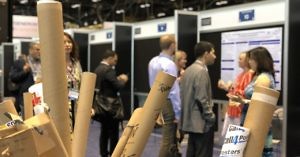
ASCO18 Gems from the Poster Halls
This particular approach is an up and coming immuno-oncology target that I noticed is quietly gaining increased interest amongst pharma companies and not all the usual players either.
Consider typing in [target] + cancer in PubMed…
What I got was one single paper in 2000, nothing until 2006 (two more papers), then one to four new ones a year dribbled out until 2014 when nine appeared, followed by a big jump to 17 in 2015, over 20 the following year, then finally more than 30 last year.
At the current rate there will likely be 40–50 such articles in 2018, making for a typical sigmoid growth rate of interest. Boom!
Clinical trials (montherapy and combinations) are already in early phase studies in the clinic, so this is a good time to take stock and look at progress to date. It also makes for interesting reading when put together as a whole!
To learn more from our latest thought leader interview and get a heads up on our oncology insights, subscribers can log-in or you can click to gain access to BSB Premium Content.
This content is restricted to subscribers
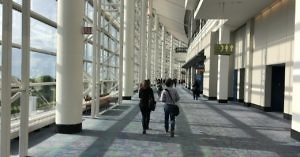

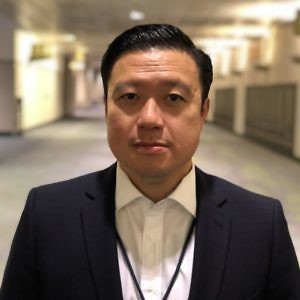

 Chicago June 3, 2018: The data for the phase 3 KEYNOTE–042 trial has just been presented in the plenary session of the 2018 annual meeting of the American Society for Clinical Oncology (#ASCO18).
Chicago June 3, 2018: The data for the phase 3 KEYNOTE–042 trial has just been presented in the plenary session of the 2018 annual meeting of the American Society for Clinical Oncology (#ASCO18).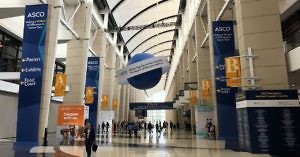
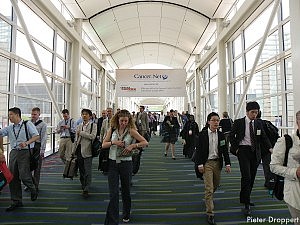
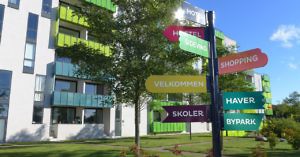 In the frantic rush to the clinic with various IO-IO combinations, many people seem to have forgotten that these have an increased risk of failure than say, combining one IO molecule with chemotherapy.
In the frantic rush to the clinic with various IO-IO combinations, many people seem to have forgotten that these have an increased risk of failure than say, combining one IO molecule with chemotherapy.